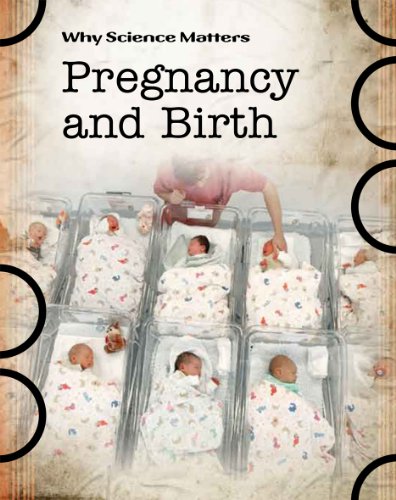-
Generating and Using Electricity
Andrew Solway
Library Binding (Heinemann, March 15, 2009)In Generating and Using Electricity, we find out how electricity is generated from many sources, including waves, wind, and the Sun. Learn about electric charge, cells and batteries, generators, and electric motors. We see how power plants distribute electricity, how we get usable voltages in our homes, and how low-energy bulbs can reduce our energy consumption. And we discover cutting-edge technologies, such as plastic that conducts electricity, microbial fuel cells, and generators that run at –196ºC (–321ºF).
-
Using Nuclear Energy
John Townsend
Library Binding (Heinemann, March 15, 2009)In "Using Nuclear Energy", we find out how scientists discovered nuclear power, what happens if you split an atom, and about the immense blast a nuclear weapon can create. We learn about fission, chain reactions, and how the science of the deadly Hiroshima bomb has been tamed to provide our homes with electricity. See how power plants deal with nuclear waste, calculate how much radiation is around you, and discover the many uses of radioactive material in our homes, schools, factories, and hospitals.
-
Super Simple Animal Crafts: 30 crafts to supplement Adam's Animals activity book
Kimberley Payne, Kristen Sheppard-Payne
Paperback (CreateSpace Independent Publishing Platform, March 29, 2014)30 super simple animal crafts to supplement children's activity book Adam's Animals - Fun Facts About God's Creation T
T
-
Pregnancy and Birth
Ann Fullick
Library Binding (Heinemann, March 15, 2009)In Pregnancy and Birth, we find out about the wonders and risks of reproduction. Learn about natural conception, how reproductive technology can help infertile couples, how an embryo develops in the womb, and how good antenatal care and fetal surgery can save the lives of mothers and babies. See how alcohol and other substances can damage a growing baby, and consider if it is ethically correct to diagnose genetic diseases before birth.
-
Hive Alive
None
Paperback (Aristoplay Ltd, )None
-
Using Nuclear Energy
John Townsend
Paperback (Heinemann, March 15, 2009)In "Using Nuclear Energy", we find out how scientists discovered nuclear power, what happens if you split an atom, and about the immense blast a nuclear weapon can create. We learn about fission, chain reactions, and how the science of the deadly Hiroshima bomb has been tamed to provide our homes with electricity. See how power plants deal with nuclear waste, calculate how much radiation is around you, and discover the many uses of radioactive material in our homes, schools, factories, and hospitals.
-
Exploring the Solar System
John Farndon
Paperback (Heinemann, March 15, 2009)In Exploring the Solar System, we learn how the Moon affects tides, how solar and lunar eclipses are not what they appear to be, and how the Sun controls time. We find out how astronomers explain the location, movement, and characteristics of Earth, and about other planets, moons, stars, and comets. We also look at amazing satellite images of gas giants, how Earth days are different from space days, weather conditions in the solar system, and space missions to Mercury and Mars. Y
Y
-
Exploring the Solar System
John Farndon
Library Binding (Heinemann, March 15, 2009)In Exploring the Solar System, we learn how the Moon affects tides, how solar and lunar eclipses are not what they appear to be, and how the Sun controls time. We find out how astronomers explain the location, movement, and characteristics of Earth, and about other planets, moons, stars, and comets. We also look at amazing satellite images of gas giants, how Earth days are different from space days, weather conditions in the solar system, and space missions to Mercury and Mars. Y
Y
-
Social Sciences Matters Grade 7 Learner's Book
Erika Coetzee, Evona Rebelo, Jubilee Solutions, Peter Holmes, Lee Smith
Paperback (Cambridge University Press, Feb. 15, 2005)Social Sciences Matters combines well-written text with ample full-colour illustrations and photographs and covers the Learning Outcomes for history and geography comprehensively. This exciting series makes the study of the world around us fun for learners. The Learner's Book includes • Summaries explaining the outcomes that are covered • Continuous assessment activities • Group, pair and individual work • “Check your progress” sections at the end of each module • activities that apply the skills, knowledge, attitudes and values learnt to real-life situations The Teacher's Guide includes • An overview of the Revised National Curriculum Statement • Daily/weekly plans, a year planner and a full work schedule • A phase outline for long-term planning • Clear references to integration with other learning areas • Remedial and extension exercises • Photocopiable assessment sheets for all types of assessment • A photocopiable report card
-
Pregnancy and Birth
Ann Fullick
Paperback (Heinemann, March 15, 2009)Fullick, Ann

